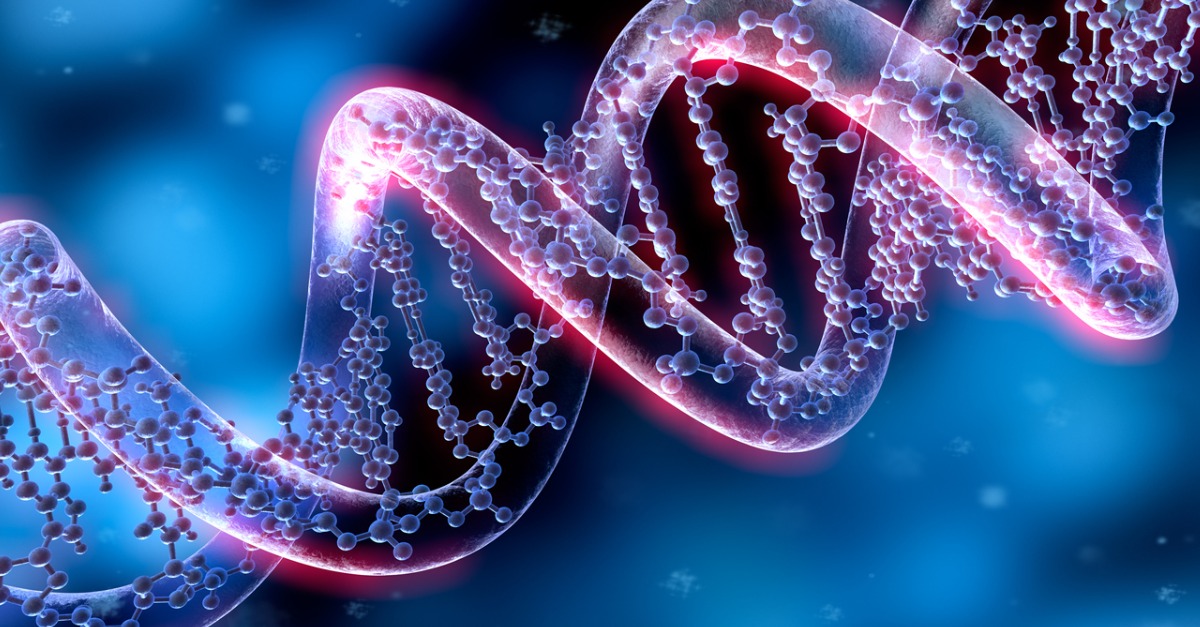- About
- News
- Careers
- Contact
- Serving the Lowcountry and Coastal Empire of Georgia and South Carolina.
-
MOBILE
APP






Serving the Lowcountry and Coastal Empire of Georgia and South Carolina.
Friday, September 29, 2023

While it’s long been suspected that certain types of cancer run in families, the science and technology that confirm this theory have only been made available to the public within recent years. Now, genetic testing opens up new possibilities that can help you determine your risk for certain inherited cancers, including breast cancer. Here’s what you should know.
Cancer is a genetic disease by nature. It develops when alterations in your genes change how cells grow. Some of these genetic factors are inherited, while others can stem from different sources, such as environmental factors and random DNA changes. While research into genetic risk factors for cancer is still ongoing, it’s currently believed that only a fraction of common cancers can be attributed to a genetic link. Breast cancer is one of them.
An estimated 5 to 10% of breast cancers are believed to result from genetic mutations passed on from parents. Specifically, the most common inherited mutations are those found in the BRCA1 or BRCA2 genes. While 12% of all women within the general population are expected to be diagnosed with breast cancer during their lifetimes, 72% of women with a BRCA1 mutation and 69% of women with a BRCA2 mutation will develop breast cancer by the age of 80. Thus, this inherited mutation is an important risk factor, though other, less common mutations can also influence risk.
Genetic testing can be one important tool to help determine your lifetime risk of developing breast cancer, but it isn’t recommended for everyone. Currently, genetic counseling is advised as the precursor to any genetic testing, so that counselors can provide individualized guidance about genetic testing based on your known risk factors. Generally, genetic testing for breast cancer risk is recommended for people with:
Finding out that you have a BRCA1, BRCA2, or other gene mutation that increases your risk for breast cancer can be frightening. While you should give yourself time to process this news, it’s also important to understand that risk is based on other factors as well, including those you can control, like a healthy diet, regular exercise, and avoiding tobacco. Knowing that your risk is elevated can also empower you to make more proactive decisions about your health.
For example, if you have an increased risk of breast cancer, you may be encouraged to start going for mammograms before the age of 40, which is when this screening is recommended for women with an average risk. Your doctor may also prescribe a different type of imaging for these screenings. For example, 3D mammography can increase the detection of breast cancer in some women with a higher risk.
As your partner in total wellness, SouthCoast Health aims to help you take a proactive approach to health with patient-centered resources and comprehensive care. Schedule an appointment online with one of our award-winning providers, including primary care doctors and specialists, or call our office at 912-691-3600.
As your partner in total wellness, SouthCoast Health aims to help you take a proactive approach to health with patient-centered resources and comprehensive care. Schedule an appointment online with one of our award-winning providers, including primary care doctors and specialists, or call our office at 912-691-3600.